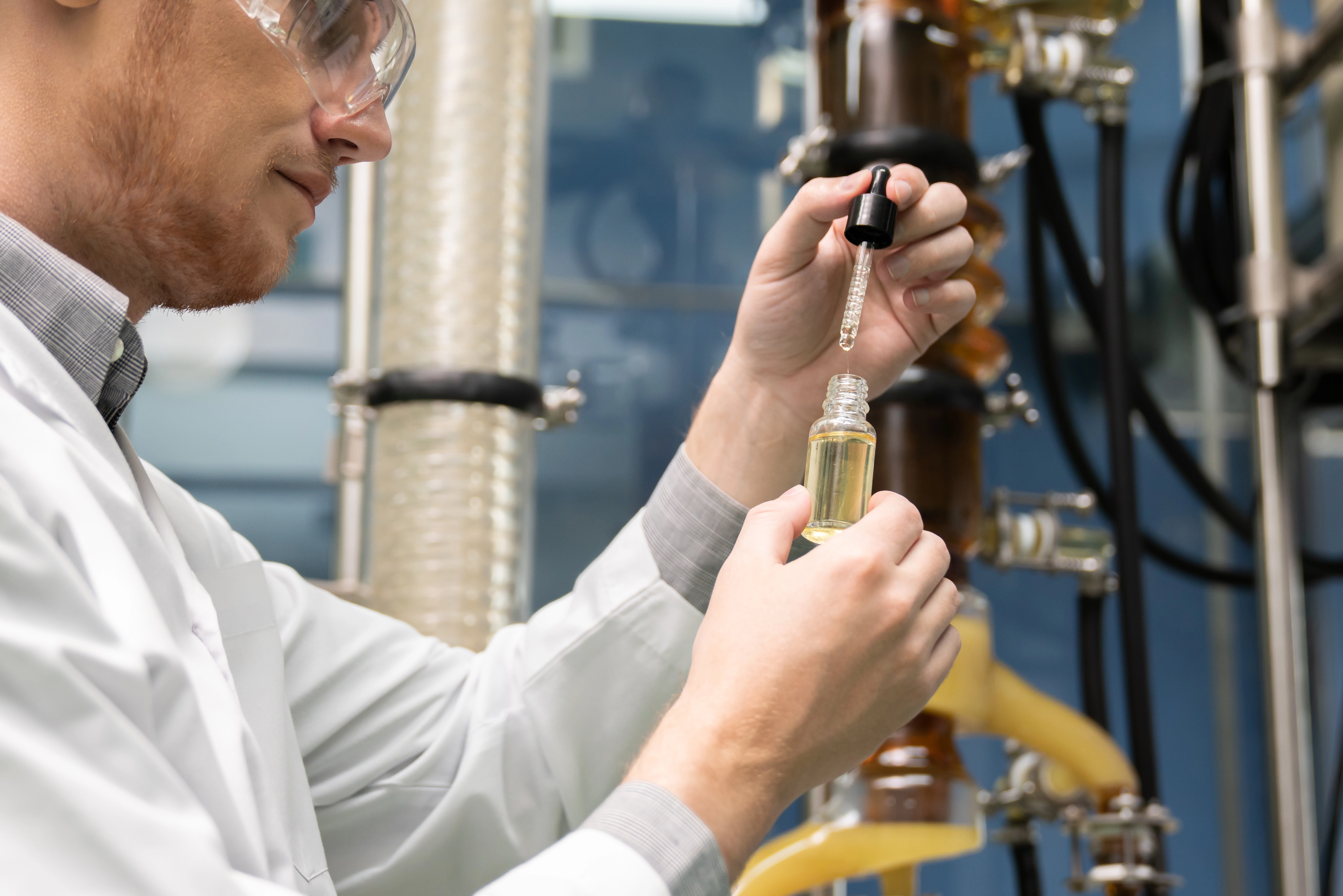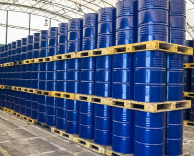Why Clean Oil Means a Greener Machine
Introduction
Oil is the lifeblood of modern industrial machines. The purity and cleanliness of oil are directly proportional to the machine's efficiency. Keeping up with its cleanliness is a silent step towards sustainability and waste avoidance. When oil is free of dirt and contamination, machines run more smoothly and productively. Clean oil minimises metal-on-metal contact, dramatically reducing friction and wear. This means a machine requires less power to run, translating to lower electricity or fuel usage. We're not pulling this out of thin air, but reports prove that cleaner, better-lubricated systems can cut power use by nearly 15%. This blog looks at how clean oil benefits industrial machines, vehicles, and green manufacturing processes in terms of both the environment and operations.

Greater Reliability, Sustainability and Lower Cost
Dirty and polluted oil is a hidden cost of downtime and repairs. Particles and water in oil accelerate wear, accounting for approximately 82% of mechanical wear due to particle contamination. Over time, that wear forces more frequent part replacements and abrupt breakdowns. Clean oil, by contrast, protects components so they last longer. When oil is filtered and clean, there is "less abrasion, adhesion, and corrosion", allowing equipment to operate reliably over its intended life. This longevity means machines give the same output with a lower lifetime operating cost, improving the ROI for the machinery.
Cleaner oil also saves on maintenance expenses. With clean oil, plants can elongate oil change intervals and reduce fresh oil purchases. That means fewer work hours spent swapping oil and fewer interruptions on the production line. Keeping oil clean isn't just good for business but also for the planet. Contaminated used oil is a grave environmental hazard. It degrades slowly and can emit toxic chemicals and heavy metals into waterways. By filtering oil and reusing it longer, factories radically tail off the volume of oil waste. Every gallon of oil saved by filtering instead of throwing out also keeps a lot of carbon out of the atmosphere. According to some studies, saving just one gallon of hydraulic oil via reclamation saves 23.6 pounds of CO₂ emissions. In short, clean oil means less disposal of hazardous waste and conversion of a conventional engine into an eco-friendlier one.
Maintaining Oil Cleanliness
Achieving truly clean oil requires the right filtration and maintenance practices. Advances in oil purification, such as vacuum dehydration, fine-micron filters, and off-line filter carts, make it easier than ever to remove particles and moisture from machinery oil. Minimac designs filtration systems catered to specific applications, using technologies that are both lucrative and durable. These systems continuously scrub oil clean, often without interrupting operation. By integrating sensors and automatic controllers, modern filtration units can even alert operators when oil quality drops or schedule maintenance before issues arise.
In practice, a green lubrication strategy might include filtering incoming new oil, using desiccant breathers to keep water out, and circulating oil through dedicated purification units during regular operation. Minimac's products, for example, are built to support such strategies, enabling plants and fleet vehicles to maintain targeted lubrication cleanliness. Active oil condition monitoring, in addition to filtration, makes sure that any dirty oil is caught early. Together, these measures can create an eco-friendly machine maintenance program that upholds both performance and sustainability goals.
Sustaining cleanliness and suppressing contamination are very important for equipment maintenance since they are a leading cause of component failure and decreased output. Oil cleanliness may be attained and maintained with the aid of investments in enhanced oil sampling and analysis. Water is a typical contaminant that may weaken important additives, create acids, increase wear rates, form rust, and create biological forms, all of which can cause irreparable damage to equipment. FTIR spectroscopy and hot plate testers are two great techniques for screening for water. A safe oil analysis program depends on oil samples, and poor sampling practices might compromise the sample's and the bottle's cleanliness and produce inaccurate results. Reliable oil samples may be taken while the machinery is operating thanks to oil sampling valves, which guarantee a true picture of the machinery's state. Compared to other sample techniques, they are usually quicker and cleaner.
Early Steps
Because cross-contaminated supply trucks and accidental spills can introduce contaminants into machinery, oil cleaning begins at the point of supply of fresh oil supplies. For useful oil sampling, monitoring, filtering, and transfer without adding pollutants, utilise a sampling adapter and purchase drum and tote mounts. High-flow sampling valves, desiccant breathers, and flush face fast connections are further investments. Clean storage spaces for drums and totes that have an expanded, safe, and operational lube room should be kept inside and away from temperature fluctuations. Additive settling can be preventable through churning and period filtering. Cross-contamination stays out by using the right oil in the machine owing to proper labelling and colouring systems.
Other factors to consider include equipment type, sensitivity to contamination-induced failure, criticality, and operating environment. The cleaner a component is from contamination, the cleaner the oil. Additionally, it is important to follow Original Equipment Manufacturers' (OEMs) cleanliness guidelines to maintain warranty terms. Most plants need to revise or upgrade their lubricant storage and handling methods as part of a holistic contamination control strategy.
For More Information About Machinery - Click Here.
Key Benefits of Clean Oil Systems
Setting up a cleanliness system has its own set of benefits, such as:
- Extended Equipment Life: With fewer particulates causing wear, machines last longer and need fewer part replacements.
- Lower Energy Use: Clean oil means smoother operation and up to ~15% less power consumption, reducing electricity or fuel costs.
- Reduced Emissions: Efficient combustion of filtered diesel and hydraulic fluid cuts CO₂ output; saving oil (e.g., reclaiming 1 gallon) can avoid 23.6 lbs of CO₂.
- Less Waste & Cost: Fewer oil changes mean less spent on new oil and less hazardous waste generated.
- Improved Reliability: Proactive lubrication control greatly decreases unplanned downtime and maintenance labour.
- Supports Sustainability Goals: Clean oil systems align with ESG and green manufacturing initiatives by cutting emissions and resource use.
Conclusion
Clean oil systems powered by machine oil filtration and sustainable lubrication practices are the foundation of a green, efficient machine. By removing contaminants and keeping lubricants fresh, businesses can reduce energy consumption and carbon emissions while slashing waste oil and downtime. Eco-friendly machine maintenance with clean oil prolongs equipment life and saves money, all while promoting environmental responsibility. Investing in advanced oil purification (like Minimac's green lubrication solutions) is therefore a proactive strategy that pays off in efficiency, reliability, and a smaller environmental footprint.
Learn more about our services and industry insights by visiting our official LinkedIn page: Minimac Systems





